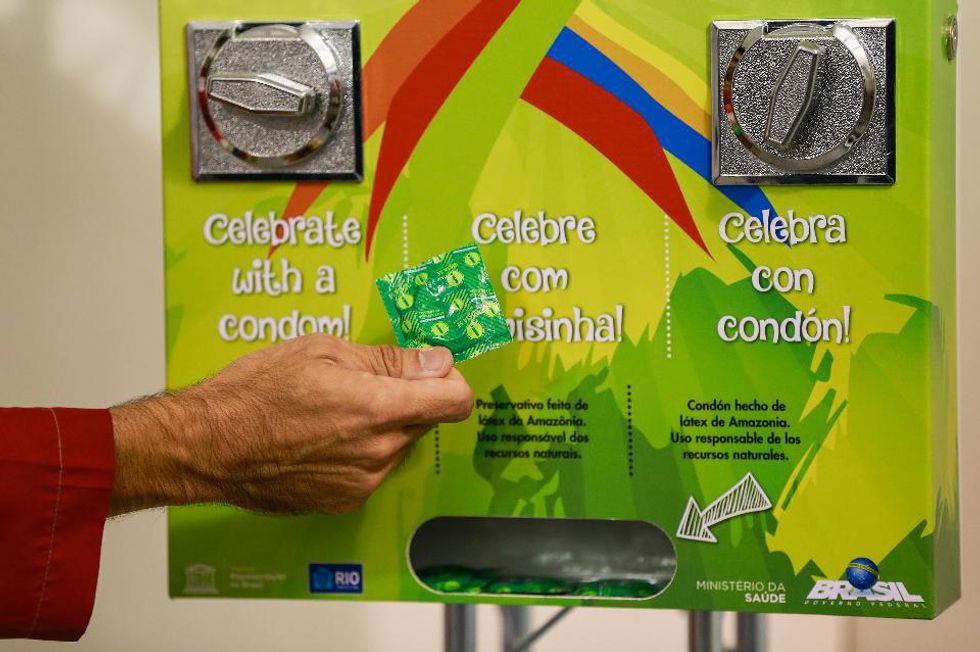Simone Biles dominating the all-around event in gymnastics. Usain Bolt's entertaining and gold-medal-winning spunk. North Korean and South Korean competitors bonding in competition. These are all reasons why the world loves the Olympics. Environmental consciousness is not one of them.
It is estimated that 3,600,000 tons of CO2 will have been emitted throughout the Games. The environmental costs include destruction of natural habitat, a spike in air travel, and 19,000 tons of food scraps, garbage and solid waste.
And yet, Rio has tried to make sustainability a key component of their Olympic Host responsibilities — anyone who watched the Opening Ceremony's strong message about climate change may have noticed.
In addition to the Open Ceremony's message, this year's Olympics has featured strict sustainability and humanitarian guidelines for the medals and the renouncement of environmentally straining flower bouquets. The Brazilian government even provided 9 million locally sourced, sustainably-produced condoms for athletes and staff in the Olympic Village.
Despite these efforts by Rio, there are still environmental failures present such as the unfinished treatment of Guanabara Bay's oozing raw sewage and the construction of the Olympic golf course in Marapendi nature reserve.
Brazil must be recognized for their attempts and called out on their shortcomings. But the the real solution to making the Olympics more environmentally friendly is to start at re-calibrating the everyday technology and practices worldwide.













































